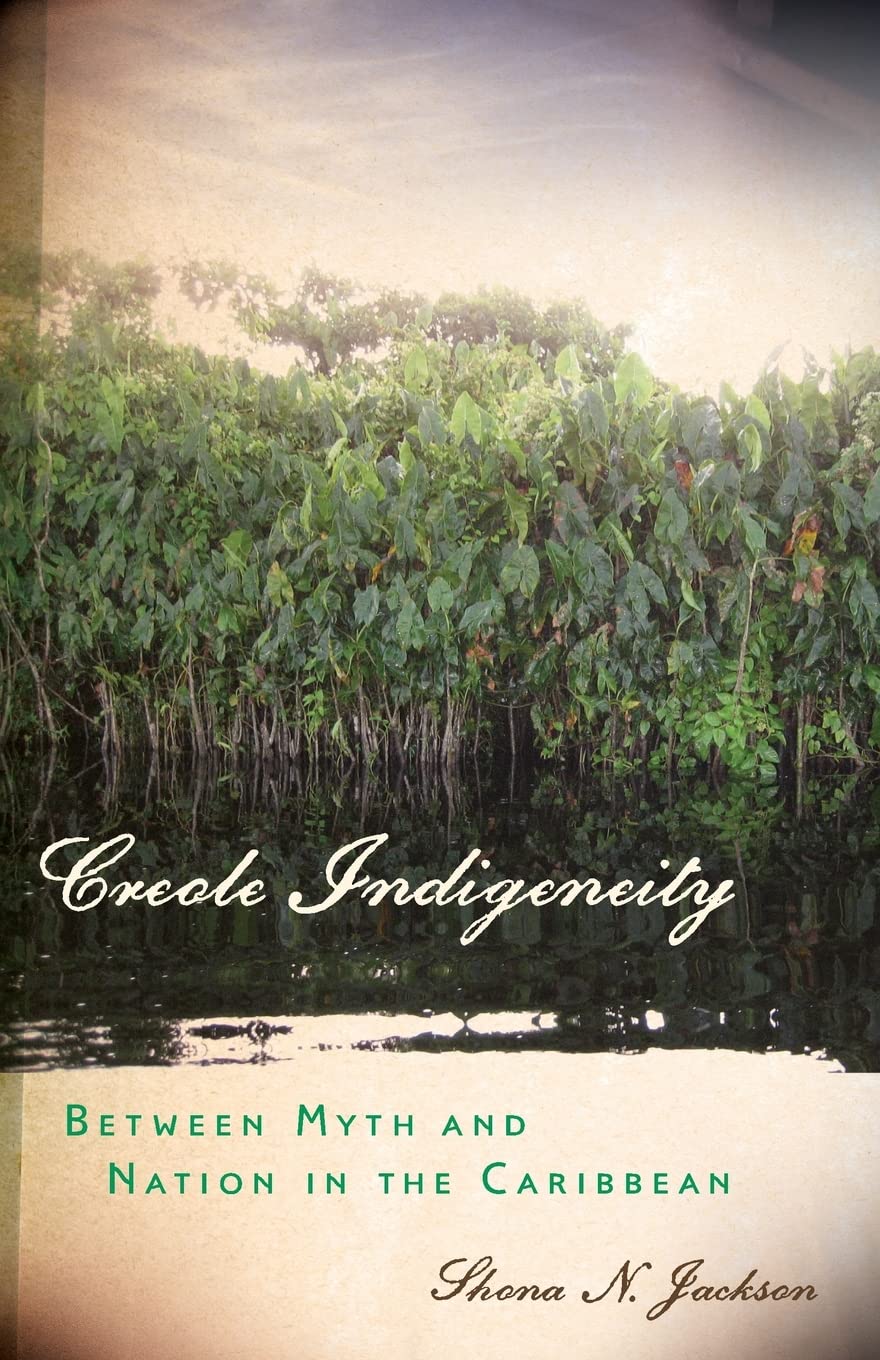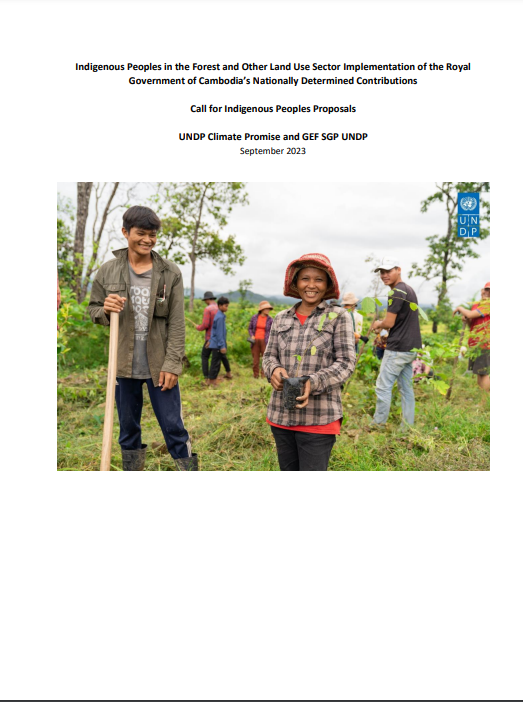
Creole Indigeneity: Between Myth and Nation in the Caribbean
Publication Year: 2012
Author(s): Jackson S N
Abstract:
During the colonial period in Guyana, the country’s coastal lands were worked by enslaved Africans and indentured Indians. In Creole Indigeneity, Shona N. Jackson investigates how their descendants, collectively called Creoles, have remade themselves as Guyana’s new natives, displacing indigenous peoples in the Caribbean through an extension of colonial attitudes and policies.
Looking particularly at the nation’s politically fraught decades from the 1950s to the present, Jackson explores aboriginal and Creole identities in Guyanese society. Through government documents, interviews, and political speeches, she reveals how Creoles, though unable to usurp the place of aboriginals as First Peoples in the New World, nonetheless managed to introduce a new, more socially viable definition of belonging, through labor. The very reason for bringing enslaved and indentured workers into Caribbean labor became the organizing principle for Creoles’ new identities.
Creoles linked true belonging, and so political and material right, to having performed modern labor on the land; labor thus became the basis for their subaltern, settler modes of indigeneity―a contradiction for belonging under postcoloniality that Jackson terms “Creole indigeneity.” In doing so, her work establishes a new and productive way of understanding the relationship between national power and identity in colonial, postcolonial, and anticolonial contexts.
ISBN: 978-0816677764
Publisher/Organisation: University of Minnesota Press
URL:
https://www.upress.umn.edu/book-division/books/creole-indigeneity
Theme: Indigenous People | Subtheme: Community Rights
Related Documents
Training Materials
Securing Land Rights for Indigenous Peoples in Cities
Published Year: 2011
Abstract:
Land and property rights of Indigenous peoples are reviewed in the context of urbanization, in... Read More
Training Materials

Abstract:
This is a guiding document for Indigenous Peoples Organisations (IPOs), local NGOs (LNGOs) and... Read More
Reports
Indigenous women, daughters of Mother Earth
Published Year: 2020
Abstract:
There are 476 million indigenous peoples around the world, constituting 6.2 percent of the glo... Read More



